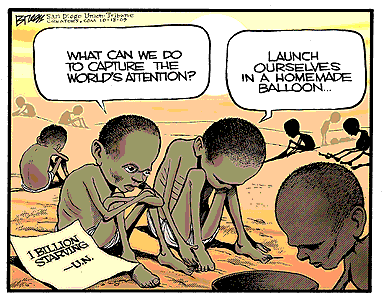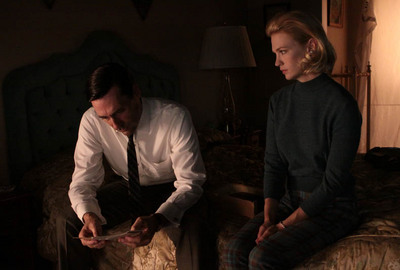I have to say, I think Ross Douthat is on to something here, in a piece from Monday’s New York Times:
The news media have portrayed this rightward outreach largely through the lens of culture-war politics — as an attempt to consolidate, inside the Catholic tent, anyone who joins the Vatican in rejecting female priests and gay marriage.
But in making the opening to Anglicanism, Benedict also may have a deeper conflict in mind — not the parochial Western struggle between conservative and liberal believers, but Christianity’s global encounter with a resurgent Islam.
Here Catholicism and Anglicanism share two fronts. In Europe, both are weakened players, caught between a secular majority and an expanding Muslim population. In Africa, increasingly the real heart of the Anglican Communion, both are facing an entrenched Islamic presence across a fault line running from Nigeria to Sudan.
Where the European encounter is concerned, Pope Benedict has opted for public confrontation. In a controversial 2006 address in Regensburg, Germany, he explicitly challenged Islam’s compatibility with the Western way of reason — and sparked, as if in vindication of his point, a wave of Muslim riots around the world.
By contrast, the Church of England’s leadership has opted for conciliation (some would say appeasement), with the Archbishop of Canterbury going so far as to speculate about the inevitability of some kind of sharia law in Britain.
There are an awful lot of Anglicans, in England and Africa alike, who would prefer a leader who takes Benedict’s approach to the Islamic challenge. Now they can have one, if they want him.
Read the rest. There’s much to ponder. And, as I said, I think he’s on to something…

